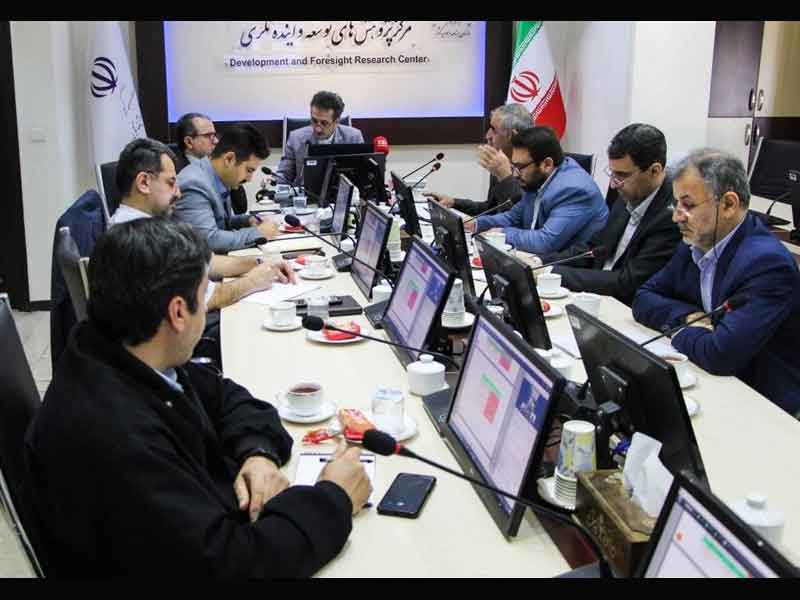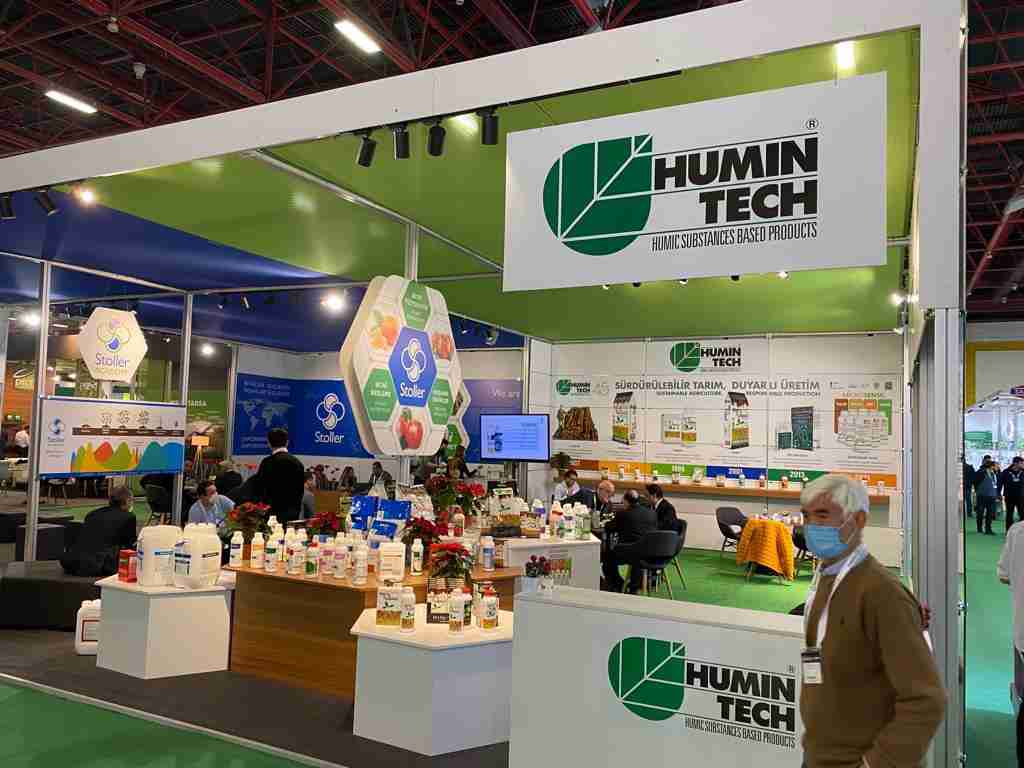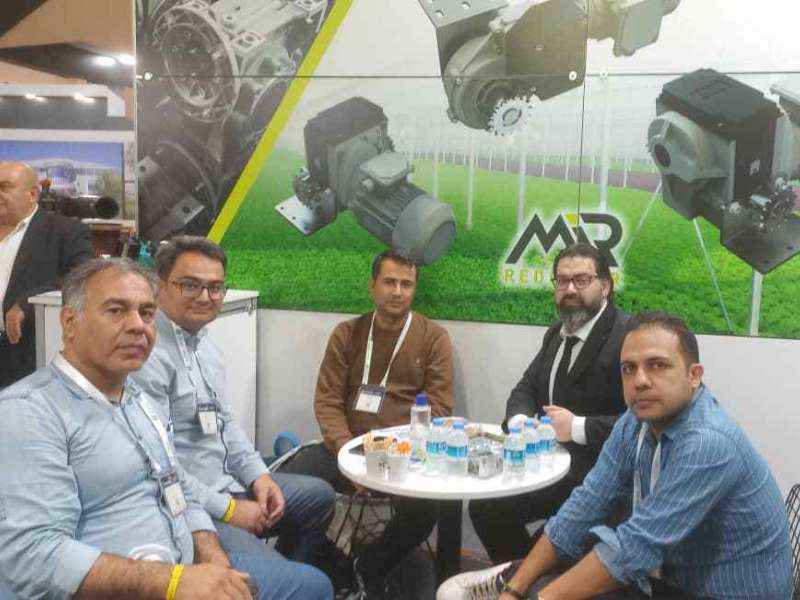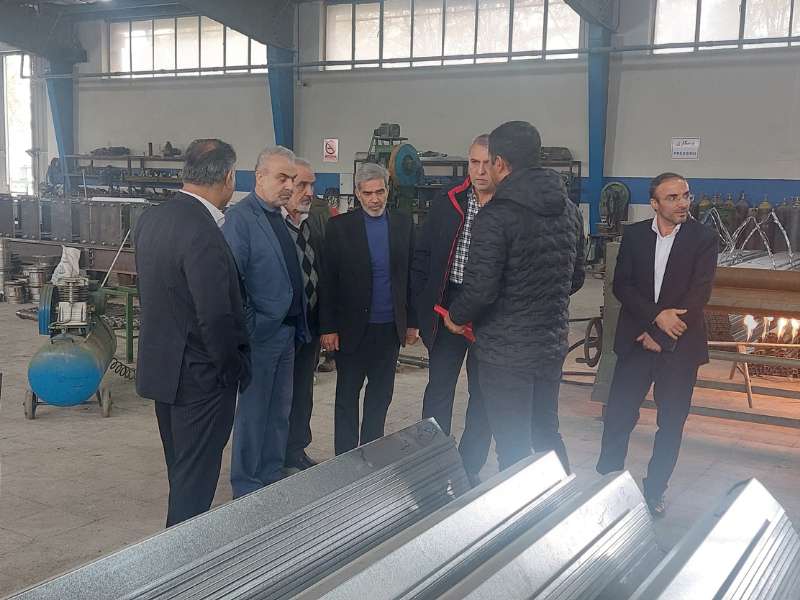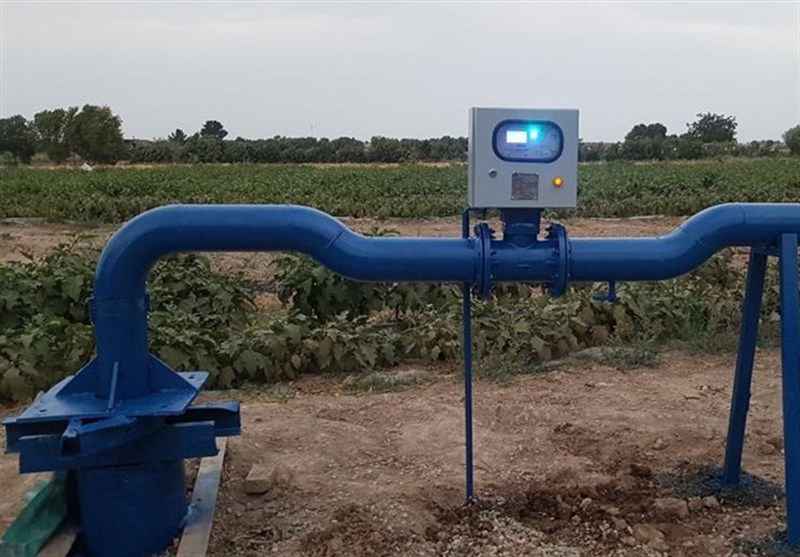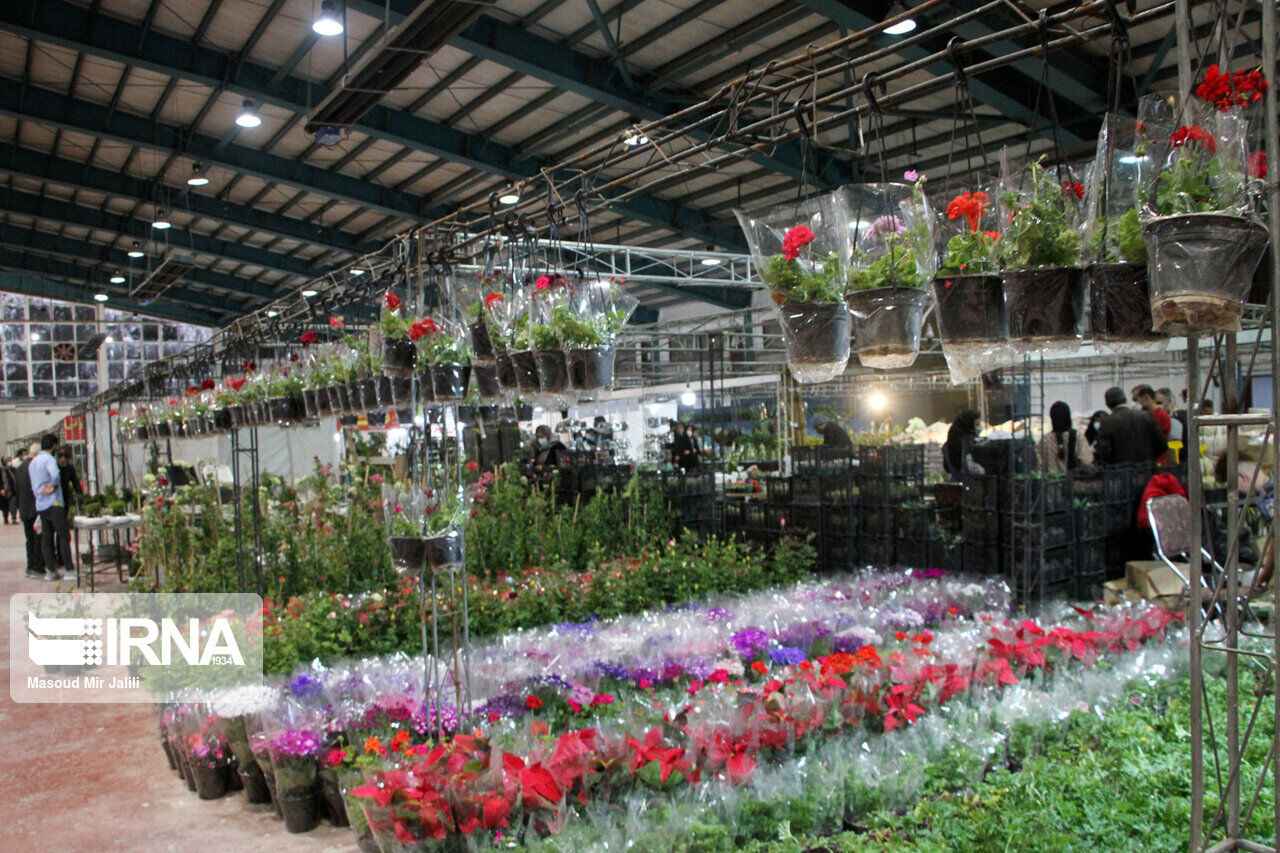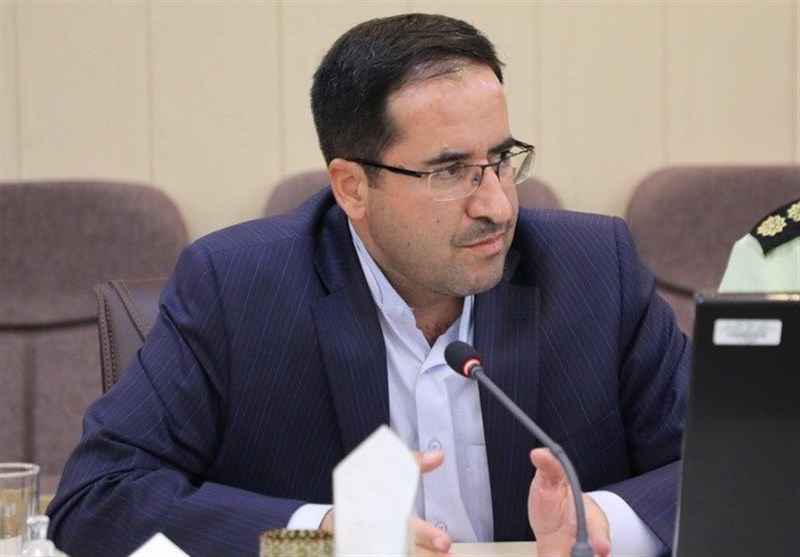The food of 18 million people is wasted with agricultural waste/ the possibility of self-sufficiency in importing livestock inputs by enriching food waste
The waste of the agricultural sector in different chains in the country is equivalent to providing food for 18 million people, controlling and using knowledge-based methods in food enrichment of the waste of the agricultural sector can make the country unnecessary to import livestock inputs.
According to Tasnim news agency, the scientific-expert session entitled "The role of knowledge-based companies in food security (animal feed survey)" with the presence of Ali Kiani Rad, the head of the Institute of Planning, Agricultural Economics and Rural Development of the Ministry of Agricultural Jihad as the scientific director and Mr. Dr. Hormoz Mansouri, member of the academic faculty of the Agricultural Research, Education and Promotion Organization of the Ministry of Agricultural Jihad and Dr. Akbar Taghizadeh, professor of Tabriz University and vice president of administration and finance of Maragheh University, were held as the speakers of this meeting.
At the beginning of this meeting, Dr. Ali Kayani Rad, the head of the Institute for Planning Research, Agricultural Economy and Rural Development of the Ministry of Agricultural Jihad, as the scientific director, while analyzing the definition of the agricultural sector in the country, said: Agriculture does not only include production, but in the comprehensive definition of agriculture, conservation of natural resources, Trade, healthcare, etc. are all considered components of the agricultural value chain, and in a comprehensive definition, we can say that agriculture includes everything from genes to cells. So, in this sense, agriculture is not only supplying the food chain.
He continued: The value chain of agricultural and food products, from genes to cells, includes a complex chain from production to distribution in various aspects.
While pointing to the four components of food security, he said: in the definition of food security, "food must be available" in advance, whether this food availability is from domestic production or from the import category, which of course, according to the constitution, should be more based on domestic production. Therefore, food should be available and healthy. Food stability is another component of food security.
Dr. Kiani Rad added: Food security can be shaken under the influence of climate change, pandemics, and international conflicts, and in fact, these three phenomena can harm food security.
In the continuation of this meeting, Dr. Hormoz Mansouri, a member of the academic faculty of the Agricultural Research, Education and Promotion Organization of the Ministry of Jihad and Agriculture, as the opening speaker of this meeting, while expressing the importance of food security, said: the largest share of protein use in the world is devoted to milk production, and after that Egg production. In our country, we have 152 million tons of food consumption. Our agricultural production is 133 million tons, of which 110 million tons are vegetable products and 22 million tons are animal products.
While referring to the available statistics regarding the waste of agricultural products in the country's supply chain, he said: We have an estimate of 30 million tons of losses and waste in this sector along the supply chain, in fact, nearly thirty percent of the agricultural products in the country become waste. This number is equivalent to food for 18 million people.
While explaining the history of agricultural production in the country, Mansouri said: We were livestock exporters in the forties, but after land reforms and the adoption of various policies in the following years, we became livestock importers.
He continued: We produce 900 thousand tons of red meat and 11 million tons of milk in the country. Meanwhile, in order to supply the milk needed by the country, at some point we faced the policy of mixing imported cows with local cows. In fact, this policy was in conflict with the domestic facilities of the country in the field of livestock inputs, and after the implementation of this policy, the need to import livestock inputs arose in recent years so that we can maintain the production of milk, chicken and meat at an acceptable level.
75 to 80 percent of the costs of livestock production units are related to the supply of animal feed
Mansouri said: We also need products outside the borders to supply feed for dairy animals and poultry feed. Although 80% of cultivated land is used for grain cultivation, we are still facing a lack of resources in this sector. The main point is that the import of fodder is not economical due to the high volume and transportation costs, and on the other hand, the increase in the price of livestock inputs has been very high in recent years. These costs have a direct impact on the final price of the product.
While pointing out that most of the livestock inputs are not produced in the country, he pointed out: the necessity of productivity in the agricultural sector is a priority, and this is while the rural and nomadic population is decreasing, and in fact, the population producing livestock products And agriculture is declining. It is interesting to know that according to the available data, 75-80% of the costs of each production unit in the field of livestock production is animal feed, and if quality pastures can provide this share, the cost of production will be strictly controlled.
While pointing to the country's water resource limitations, Mansouri pointed out: we must move towards improving the quality of pastures and we must consider improving the efficiency of irrigation. Many believe that we have up to 50% additional water harvesting in the agricultural sector, and this number can only be managed by implementing water resource efficiency models.
Referring to the importance of changing the cultivation pattern, Mansouri continued: We must move towards changing the cultivation pattern. Paying attention to agricultural and horticultural wastes and the importance of animal health and hygiene is of great importance in controlling productivity in the agricultural and livestock sector. Also, choosing the right genetics of livestock is also of special importance, which should be considered in the realization of agricultural and livestock sector productivity models.
At the end of his speech, this senior researcher of the agricultural sector added: "With innovative and knowledge-based models, we can provide many of the livestock's food needs, and these models can greatly contribute to the country's food security."
In addition, Dr. Akbar Taghizadeh, Professor of Tabriz University and Vice President of Finance of Maragheh University, as the second speaker of the meeting, while referring to the decrees of the Leader of the Revolution regarding the role of universities and knowledge foundations in the food security category in the agricultural sector, said: Our focus is based on reducing and stopping the import of livestock inputs in the country.
While referring to his experiences in managing agricultural waste and turning it into livestock inputs, he said: For each region, agricultural waste from the same region can be used with a productivity of over 60% to supply livestock feed. Enrichment of agricultural waste for better use of livestock can guarantee food security and reduce the country's dependence on the import of livestock inputs.
Referring to the existence of 30% of agricultural waste from the total production of this sector in the country, Taghizadeh pointed out: paying more attention to animal husbandry is of special importance for the country in order to increase the use of protein materials by the people, and this requires water supply and Considering the lack of water in the country, we must take steps towards the productivity of products. In a clear way, we should be able to transform "straw" from a stomach-filling food for animals using scientific methods into a rich and rich material for animal food, and in this part, the role of knowledge bases is very decisive.
While pointing out the importance of the productivity of agricultural waste in the production of animal feed, he pointed out: the digestibility of agricultural waste for livestock with technological methods is of particular importance.
Taghizadeh continued: With one million tons of sugarcane waste in the country, we can supply a part of the animal feed in the country using local and domestic methods. Therefore, by using new methods of providing enriched animal feed, it is even possible to prevent animal diseases.
In the end, while pointing to the results of scientific studies conducted regarding the use of the mentioned methods and the experiences conducted in this field, this university professor said: Based on scientific findings, we use these native models in enriching agricultural waste and By using this product as livestock inputs, we can have a significant reduction in the final price of livestock and on the other hand, greatly reduce the country's need to import livestock inputs.

